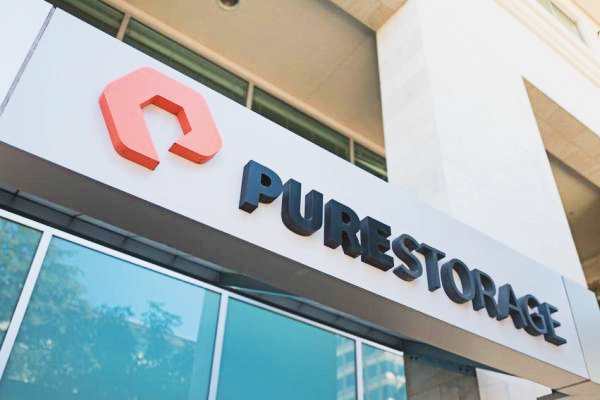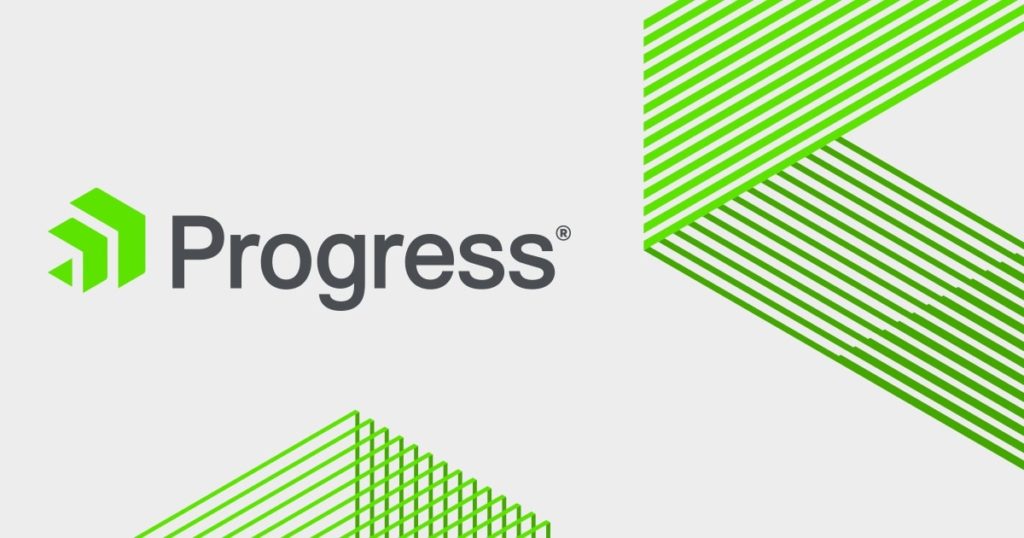Pure Storage – Company Simplifying Data Storage.
Pure Storage supports innovators by permanently simplifying data storage. The company is revolutionizing the storage process and empowering innovators by making it easier for users to consume and engage with data. With cutting-edge, cloud-ready storage solutions and the highest technological expertise, the company simplifies storage and turns data into effective results.
About The Company
Pure Storage is an American company that offers hardware and software for all-flash data storage. The company is headquartered in California, USA. Pure Storage was established in 2009 and worked stealthily on its products until 2011. After that, the company saw a 50 percent increase in quarterly revenues and raised over $470 million in venture financing. In 2015, the company went public and debuted on the New York Stock Exchange. In the starting, Pure Storage used generic flash storage hardware and built the software for storage controllers. In 2015, Pure Storage completed the development of its exclusive flash storage hardware.

History
In 2009, John Colgrove and John Hayes launched Pure Storage under the code name Os76 Inc. The business was initially founded inside the offices of the venture capital firm Sutter Hill Ventures, and it was supported with $5 million in seed money. The company raised an additional $20 million in venture money in a series B fundraising round. In August 2011, the company emerged from stealth mode as Pure Storage. EMC filed a lawsuit against the company and 44 former employees in 2013, alleging intellectual property theft.
Additionally, EMC asserted that the company had violated a few of its patents. In a countersuit, It claimed that EMC had illegally acquired a Pure Storage device to perform reverse engineering. In 2016, a jury court decided in favor of EMC and Pure Storage was ordered to pay $14 million to EMC. A judge overturned the verdict and mandated a further trial to determine the legality EMC patent at issue. Following that, a $30 million settlement was reached between Pure Storage and EMC. In August 2015, Pure Storage informed the Securities Exchange Commission of its intention to go public. In 2016, the organization held its first yearly user conference. In 2017, The company achieved its first year of profitability and surpassed $1 billion in revenue.
Acquisitions
In 2018 with the $25 million purchase of StorReduce, a provider of data deduplication software, the company completed its first acquisition. The same year, the company announced a binding deal to buy software-based file storage business Compuverde for an undisclosed sum. In 2020, Pure Storage paid $370 million to acquire Portworx, a Kubernetes-based cloud-native data, and storage management platform, supplier.
Products
Employing consumer-grade solid state drives, Pure Storage creates flash-based storage for data centres. Although more expensive, flash storage is speedier than conventional disc storage. The company creates unique deduplication and compression algorithms to increase the data volume that can be kept on each device. Along with that, it makes its own flash storage technology. FlashBlade, for unstructured data, FlashArray/C, which employs QLC flash, and the more expensive NVMe FlashArray/X are it’s three main product lines. Most of the company’s income comes from IT vendors that sell its solutions to operators of data centres.
Founder – John Colgrove, John Hayes
Pure Storage, which was founded in 2009, entered a market that had been dominated for over 30 years by competitors like EMC and HP. John Colgrove and John Hayes, the company’s co-founders, understood that they would need to construct and operate their storage business differently if they wanted to successfully compete with the established market leaders. Their ideas eventually led to the foundation of Pure Storage.
CEO – Charles Giancarlo
American businessman and investor Charles Giancarlo serves as the CEO and Chairman of Pure Storage. He formerly held top management positions at Silver Lake Partners and Cisco Systems. Charles Giancarlo is the company’s CEO since 2017. Giancarlo has an MBA from Harvard University, a master’s degree from the University of California, and a bachelor’s degree from Brown University.

I am a law graduate from NLU Lucknow. I have a flair for creative writing and hence in my free time work as a freelance content writer.




